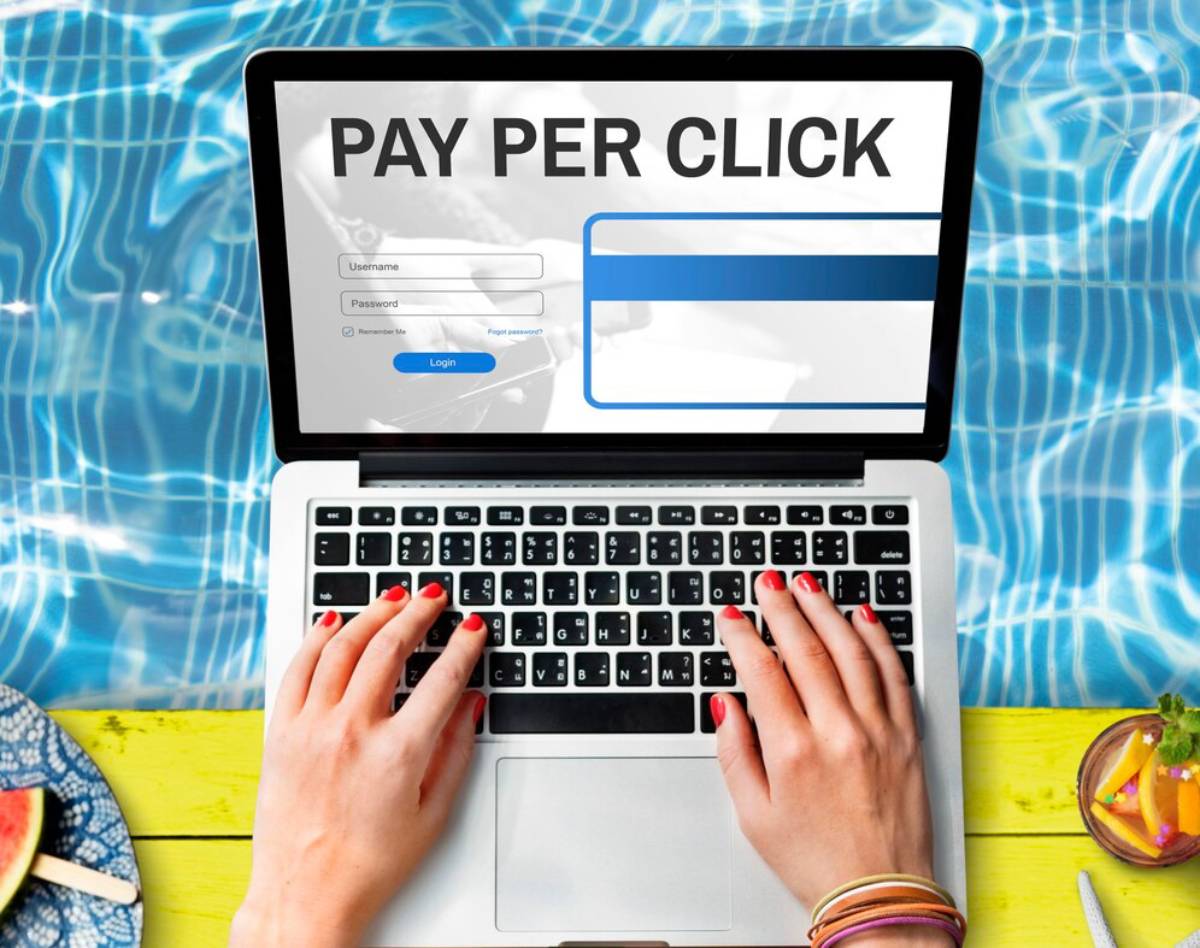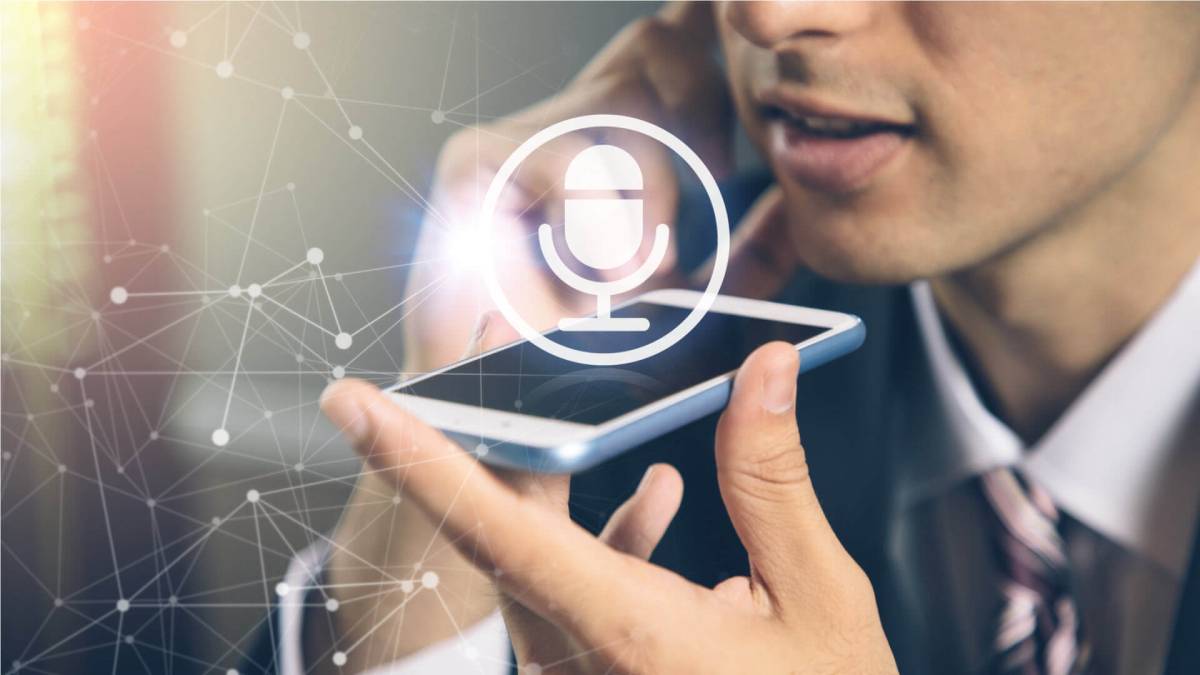
Automating Pay-Per-Click Campaigns with AI: Revolutionising Advertising Strategies
In today’s digital world, efficiency and precision matter. So, using Artificial Intelligence (AI) in Pay-Per-Click (PPC) campaigns has become a game-changer. This fusion boosts advertising effectiveness and simplifies processes, allowing marketers to focus more on creativity and strategy. In this blog, we explore how AI transforms PPC. It changes advertising automation and improves paid search campaigns.
More businesses are spending a large part of their marketing budgets on digital ads, so the pressure to deliver successful campaigns keeps increasing. Manual campaign management often falls short in terms of scalability and real-time adaptability. AI provides a groundbreaking option. It offers smart systems that manage, learn, and improve PPC strategies while needing little human help.
Why Automating PPC Campaigns with AI Matters
The digital marketing world is highly competitive. Businesses compete for the attention of a large online audience. PPC campaigns are key for boosting traffic and generating leads. However, managing these campaigns manually can be laborious and prone to human error. AI PPC tools help automate and optimise advertising. They provide an innovative solution for your needs.
Enhancing Efficiency and Precision
AI-driven advertising automation significantly enhances the efficiency of PPC campaigns. AI algorithms analyse large datasets in real time. They find patterns and trends that human analysts might miss. This helps target and bid precisely, ensuring that ads reach the right audience at the best time.
Google’s Smart Bidding uses AI. It looks at user signals, such as device type, time of day, location, and past performance, to help it set the best bids. This smart approach boosts campaign results and cuts down on manual changes.
Data-Backed Insights for Informed Decision-Making
A key benefit of using AI in PPC campaigns is getting data-driven insights. AI PPC tools can quickly analyse large data sets. This helps marketers gain insights to improve their strategies. These insights help businesses make wise choices. They can optimise ad spending and boost campaign performance.
Platforms like Facebook Ads Manager and Google Ads use AI reporting dashboards. This helps marketers quickly find anomalies, trends, or performance dips. AI can suggest real-time optimisations. This enables you to pivot campaigns and avoid wasteful spending.
The Power of AI PPC Tools in Advertising Automation
AI PPC tools have changed advertising automation. They provide features that simplify campaign management and boost performance. These tools use machine learning to automate parts of PPC campaigns. They handle bid management, ad creation, and optimisation.
Bid Management Automation
One of the most time-consuming aspects of PPC campaigns is bid management. Marketers used to adjust bids by hand. They based these changes on performance data and market trends. AI PPC tools now automate this process. They enable real-time bid adjustments.
These tools examine different data points, considering competition levels, past performance, and audience engagement. Then, they find the best bid for each keyword. Some platforms allow rule-based automation. Marketers can set specific triggers or thresholds for changes, adding another layer of strategic control.
Ad Creation and Optimisation
AI PPC tools also streamline the process of ad creation and optimisation. These tools analyse user behaviour and preferences. Then, they create targeted ad copy that connects with the audience. Also, AI algorithms keep an eye on ad performance. They suggest changes to boost click-through rates (CTR) and conversion rates.
Tools like Phrasee and Persado use natural language generation. They create ad headlines that connect emotionally and are backed by data. AI-generated creatives are A/B tested in real time. This allows marketers to keep the best versions and remove the ones that don’t perform well.
Real-Time Performance Monitoring

One more benefit of using AI in PPC campaigns is real-time performance monitoring. AI PPC tools give marketers dashboards that show key performance metrics, helping them make quick and informed decisions.
This real-time visibility enables instant adjustments to underperforming campaigns. Marketers can quickly pause ads, shift budgets, or change copy, boosting campaign agility and responsiveness. Alerts and automated suggestions stop small issues from becoming big, costly mistakes.
Expert Tips for Maximising AI in PPC Campaigns
Marketers should use best practices and avoid typical mistakes to make the most of AI in PPC campaigns. Here are some expert tips to maximise the effectiveness of AI-driven advertising automation:
Understand Your Audience
Before using AI PPC tools, really know your target audience. Marketers can create buyer personas and find key demographics. This helps them design campaigns that connect with their target audience.
AI algorithms rely on quality input. Better audience segmentation and targeting lead to a more effective machine learning model. This model optimises for engagement, clicks, and conversions.
Continuously Monitor and Optimise
AI PPC tools simplify campaign management. However, you still need to check and improve performance regularly. Reviewing performance metrics regularly and making data-driven adjustments can significantly enhance campaign results.
Routine performance audits help ensure AI systems do not drift from business goals. Mixing human guidance with machine suggestions builds a feedback loop, which boosts AI accuracy and guides strategic direction.
Avoid Over-Reliance on Automation
AI provides strong automation tools, but we shouldn’t depend on them too much. Human intuition and creativity are key in creating strong ad copy and new strategies.
AI lacks context and emotion, two crucial components of effective storytelling. Marketers should use AI for data-heavy tasks. This lets them focus on strategy, brand messaging, and customer engagement.
Advanced Insights into AI-Powered PPC Campaigns
AI technology is evolving. This brings new chances and challenges for PPC campaigns. AI is changing how advertising automation works. Here are some key insights:
Predictive Analytics for Future-Proof Strategies
AI’s predictive analytics help marketers spot future trends. They can then adjust their strategies to stay ahead. AI algorithms predict shifts in consumer behaviour and market conditions. They do this by analysing past data and market trends.
This foresight is invaluable for seasonal campaigns or product launches. AI helps businesses choose the best time to launch, budget plan, and create resonant messages. This allows them to stay ahead of competitors and gain more market share.
Personalisation at Scale
AI-powered PPC campaigns let businesses personalise ads for each user. This approach delivers tailored advertising experiences on a large scale. AI algorithms analyse user data and preferences. They create personalised ad content that connects with each audience segment.
Dynamic keyword insertion and responsive search ads let AI tailor ad content to user queries. This method helps create custom landing pages, improves user experience, and boosts conversion rates.
The Role of AI in Voice Search Advertising

AI is key to improving PPC campaigns as voice search becomes more popular. AI algorithms can analyse voice search queries and adapt ad content to fit conversational language patterns.
Optimising for voice search involves long-tail, question-based keywords that reflect natural speech. AI tools can spot these patterns. They help businesses stay relevant in a voice-first world.
Conclusion: Embracing the Future of PPC with AI
In summary, AI has transformed advertising automation in PPC campaigns for businesses. Marketers can use AI PPC tools to boost efficiency, accuracy, and performance. This leads to better results. As AI technology grows, companies that embrace these changes will succeed online.
Marketers need to keep up. They must adapt their strategies and use AI to improve their PPC campaigns. Businesses can unlock new growth and success by using AI-driven advertising automation. Understanding its potential and following best practices is key.
The future of PPC is bright for those who use AI. By embracing its power, they can develop creative and effective advertising strategies. Are you ready to take your PPC campaigns to the next level with AI? The time to act is now.